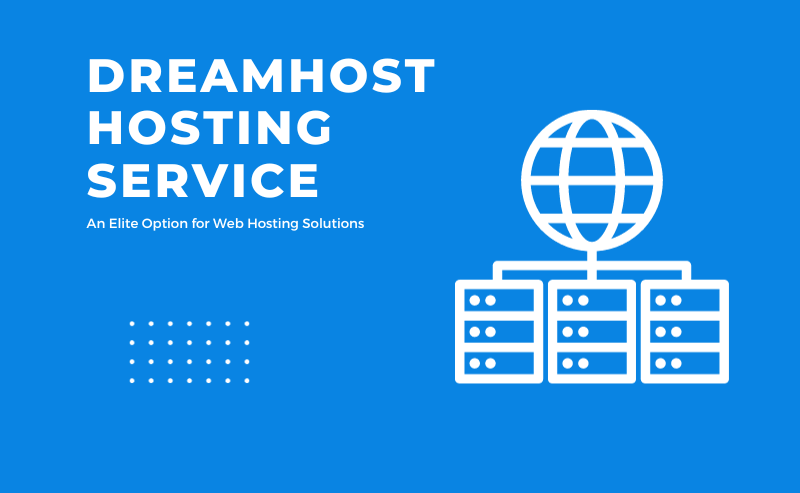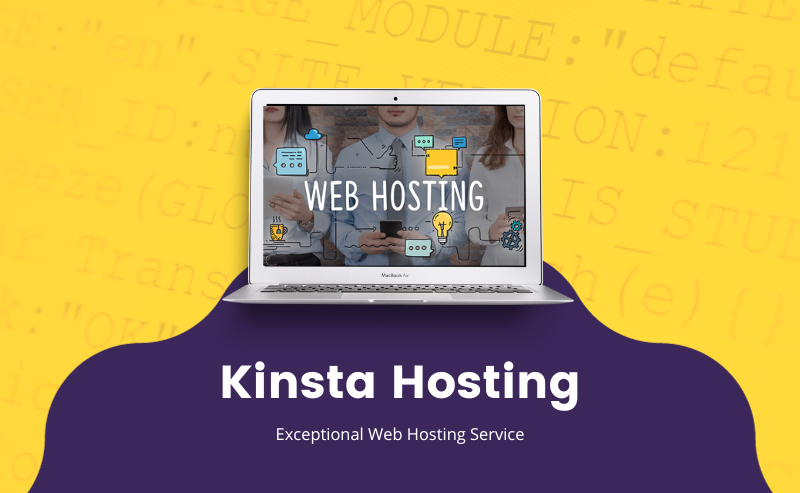When comparing Sitecore vs WordPress, it’s essential to understand their key differences. Sitecore is a powerful CMS designed for large-scale enterprise sites with advanced marketing tools. On the other hand, WordPress is a user-friendly CMS perfect for small to medium-sized businesses. While Sitecore offers scalability and customization, WordPress provides a cost-effective solution with its free platform.
WordPress is known for its user-friendliness, making it easy for beginners to learn and navigate. In contrast, Sitecore might require resources and training to master. When it comes to cost, Sitecore requires licensing fees, while WordPress is free but may involve additional expenses for themes, plugins, and hosting.
To determine the best fit for your website, carefully evaluate your needs and goals. Consider A2 Hosting or Bluehost as potential hosting providers. They are suitable for beginners and experts alike and can provide optimal performance.
What Are The Key Differences Between Sitecore and WordPress in terms of Functionality?
Sitecore and WordPress are content management systems (CMS) with key differences in functionality.
Sitecore is a high-end, robust CMS designed for complex websites with extensive enterprise-level features. It offers scalability and customization options, making it suitable for large-scale businesses. Sitecore also provides advanced personalization, marketing automation, and analytics tools for businesses with advanced digital marketing needs.
WordPress, on the other hand, is a versatile and user-friendly CMS used for websites of all sizes. It is known for its vast collection of themes, plugins, and easy-to-use interface. WordPress is ideal for small to medium-sized businesses and individuals who want to quickly set up a website or blog without extensive technical knowledge.
Key differences between Sitecore and WordPress include:
Sitecore:
– Suitable for large-scale enterprise websites.
– Offers extensive enterprise-level features and capabilities.
– Known for its robustness, scalability, and customization options.
– Provides advanced personalization, marketing automation, and analytics tools.
– Handles complex websites with large amounts of content and high traffic.
WordPress:
– Suitable for small to medium-sized businesses and individuals.
– Offers a wide range of themes, plugins, and an easy-to-use interface.
– Versatile and customizable, but may not have the same level of advanced features as Sitecore.
– Quick and easy to set up a website or blog without extensive technical knowledge.
In conclusion, if you need a CMS for a large-scale enterprise website with advanced marketing capabilities, Sitecore may be the right choice. However, if you are a small to medium-sized business or an individual looking for a user-friendly and customizable CMS, WordPress could be a better option.
How Do The Content Management Features of Sitecore Compare to That of WordPress?
The content management features of Sitecore and WordPress differ in several ways. Sitecore is an enterprise-level CMS that excels in personalization, scalability, and multi-channel management. It offers advanced features like A/B testing, personalization, and marketing automation. On the other hand, WordPress is more user-friendly and better suited for smaller websites or blogs. It has a vast plugin ecosystem, which makes it easy to extend functionality. Sitecore is ideal for large-scale businesses and organizations, while WordPress caters to beginners.
When choosing a CMS, it’s essential to consider factors like budget, technical expertise, and specific needs. Sitecore provides more advanced capabilities but requires a higher budget and technical expertise to fully utilize its features. WordPress, on the other hand, is more accessible and budget-friendly.
If you’re considering hosting a Sitecore or WordPress-based website, reliable hosting solutions like Bluehost or A2 Hosting are available. These hosting providers ensure the smooth functioning of your website, regardless of the CMS you choose.
Can You Please Provide a Cost Comparison Between Sitecore and WordPress?
Sitecore and WordPress are both commonly used content management systems, but their cost structures differ. WordPress is a free and open-source platform, meaning there are no licensing fees. However, you may need to invest in themes, plugins, and hosting services to enhance its functionality and performance.
In contrast, Sitecore is a proprietary CMS that requires a license, which can be quite costly. The price of Sitecore varies based on factors like the number of users, website size, and the need for additional customization modules. Generally, Sitecore licenses start at tens of thousands of dollars and can increase significantly for larger enterprises.
Considering the costs involved, it may be worth exploring alternatives such as Bluehost or A2 Hosting. These hosting providers offer affordable and reliable services for WordPress websites, helping you save on infrastructure expenses. Moreover, WordPress offers countless free and premium themes and plugins, enabling you to have control over your website’s design and functionality without stretching your budget.
In terms of User-Friendliness, How Does Sitecore Stack Up Against WordPress for Beginners?
In terms of user-friendliness, Sitecore and WordPress serve different levels of beginners. WordPress is user-friendly for beginners with no web development experience, thanks to its intuitive interface. It has a strong community and extensive documentation for easy navigation and customization. Sitecore, on the other hand, is a robust content management system for enterprise-level websites. It offers powerful features but has a steeper learning curve for beginners. However, with the right resources and training, beginners can effectively use Sitecore. Ultimately, the choice between Sitecore and WordPress depends on the user’s specific needs and goals, considering factors like budget and technical expertise.
How Does The Scalability and Customization of Sitecore Differ from WordPress?
The scalability and customization of Sitecore and WordPress differ in several key ways. Sitecore is a robust and enterprise-level CMS that offers extensive scalability options, making it ideal for large and complex websites with high traffic volumes. Its advanced architecture efficiently handles large amounts of data and seamlessly integrates with other business systems.
In contrast, WordPress is a popular CMS known for its ease of use and flexibility. While it is effective for smaller to medium-sized websites, it may have limitations when it comes to scalability. However, WordPress offers a wide range of plugins and themes that allow for extensive customization, empowering users to tailor their websites to their specific needs.
In summary, Sitecore excels in scalability and is well-suited for enterprise-level websites, while WordPress offers greater customization options for smaller to medium-sized websites. To further enhance the performance and scalability of your website, considering hosting solutions like Bluehost or A2 Hosting could be beneficial.
Sitecore vs WordPress: Which CMS is Right for Your Website’s Needs?
In conclusion, when comparing Sitecore vs WordPress, it’s clear that each platform has its distinct advantages and target user base. Sitecore stands out as the go-to CMS for large enterprises requiring advanced scalability, personalization, and complex integrations. Its robust feature set is designed to accommodate complex website structures and high-traffic scenarios, making it the preferred choice for businesses with extensive digital marketing strategies.
On the other hand, WordPress dominates as the preferred CMS for individuals, small businesses, and medium-sized enterprises due to its user-friendly interface, wide range of themes and plugins, and ease of customization. Its open-source nature also offers an affordable solution for those looking to create a web presence without the need for significant upfront investments.
Ultimately, the decision between Sitecore vs WordPress will hinge upon factors such as budget constraints, technical expertise availability, anticipated website traffic, and specific business needs. Regardless of your choice, ensure you select a reliable hosting provider like Bluehost or A2 Hosting to support your website’s infrastructure and contribute to its success in the digital landscape.


